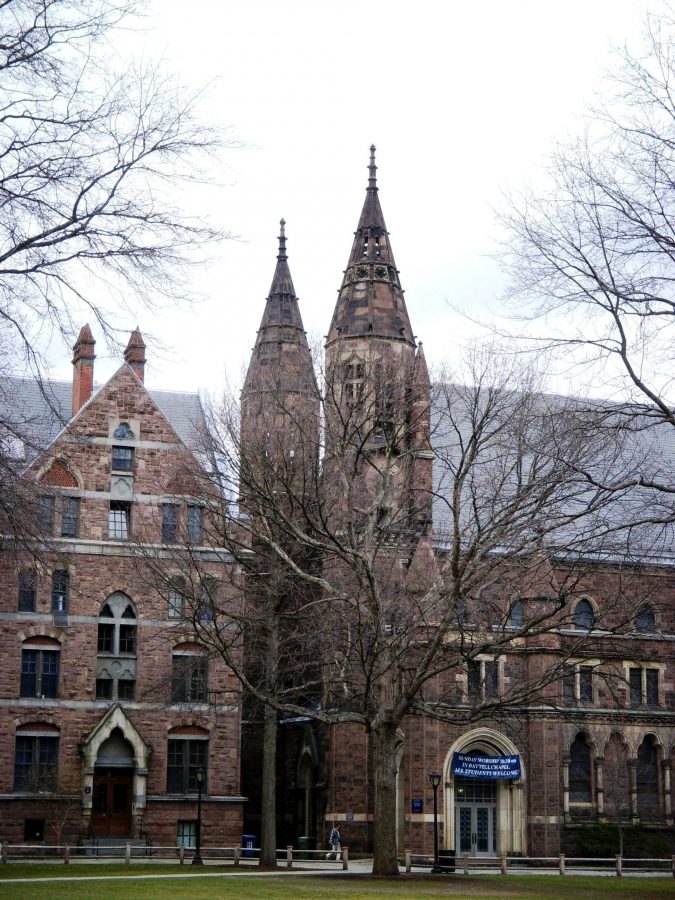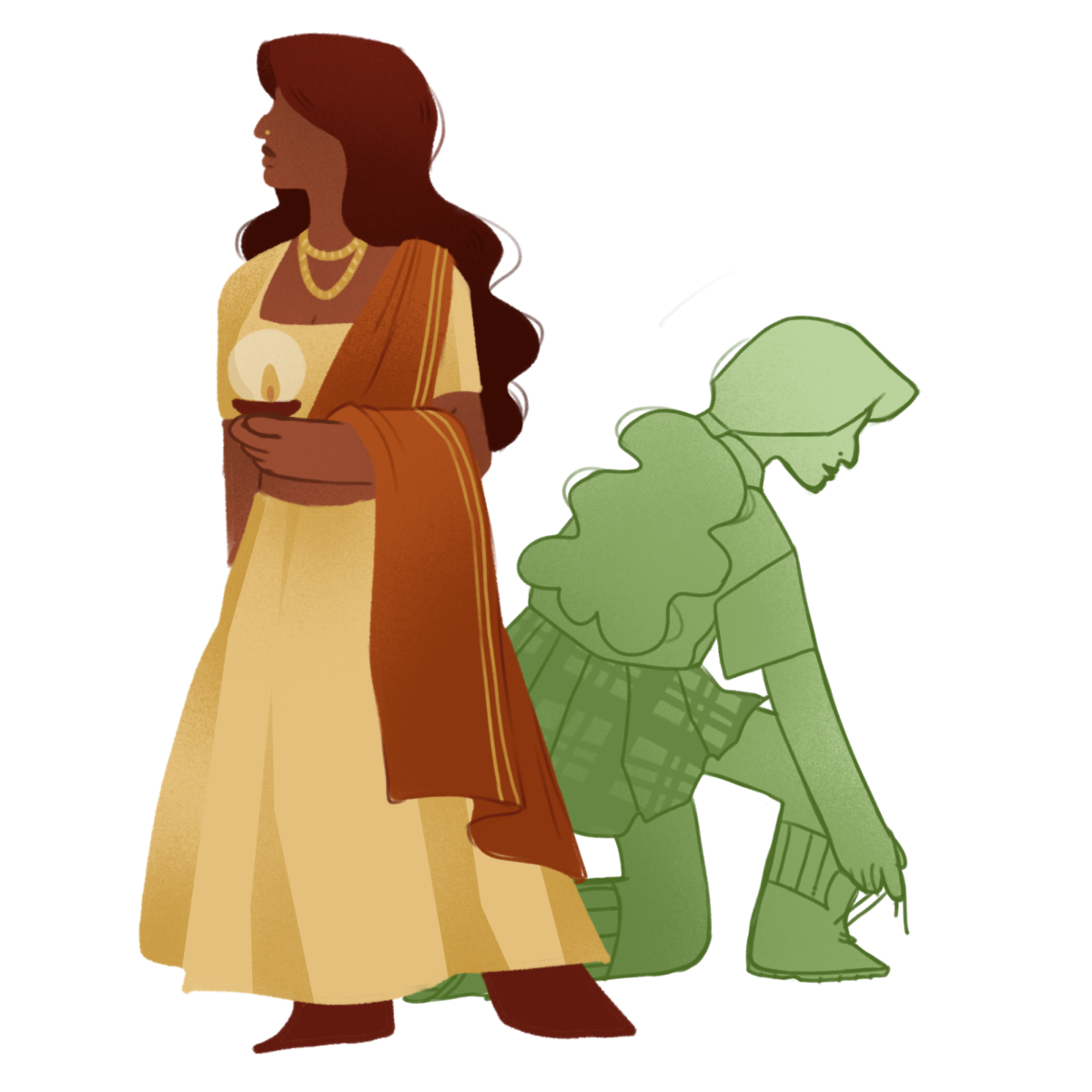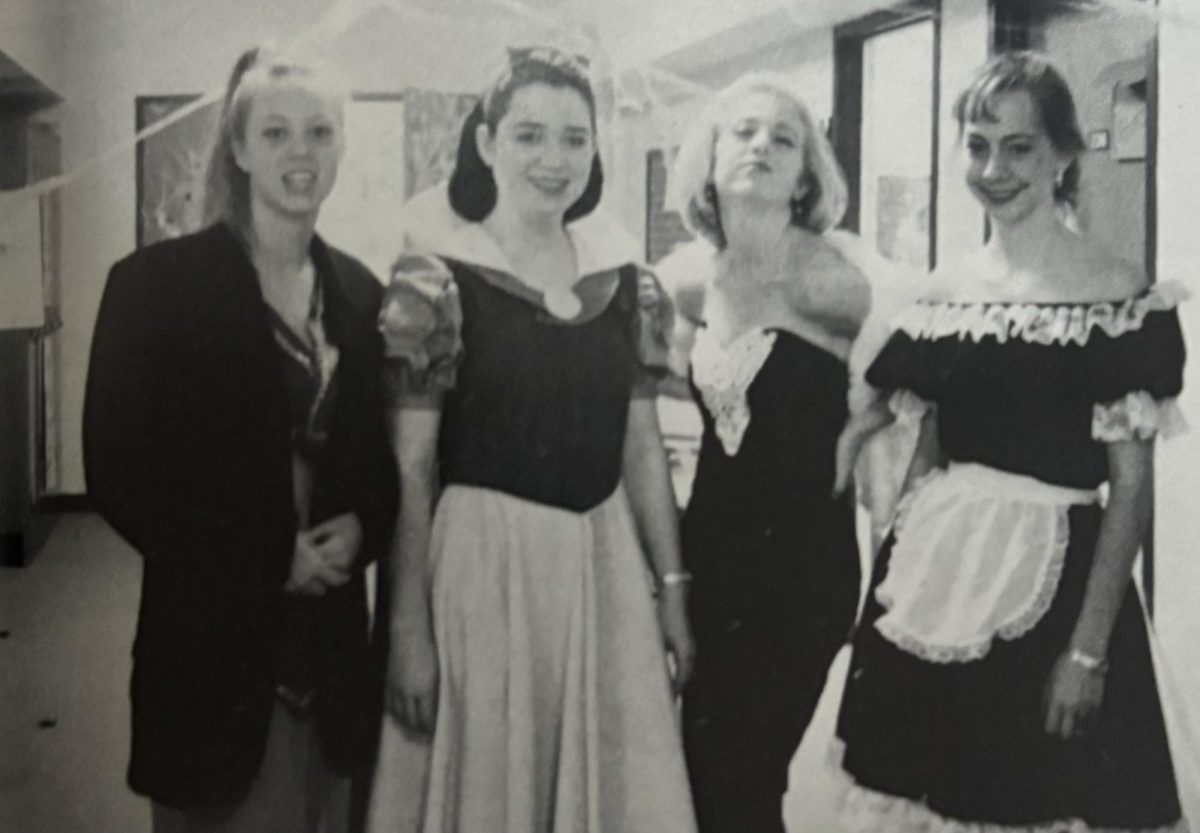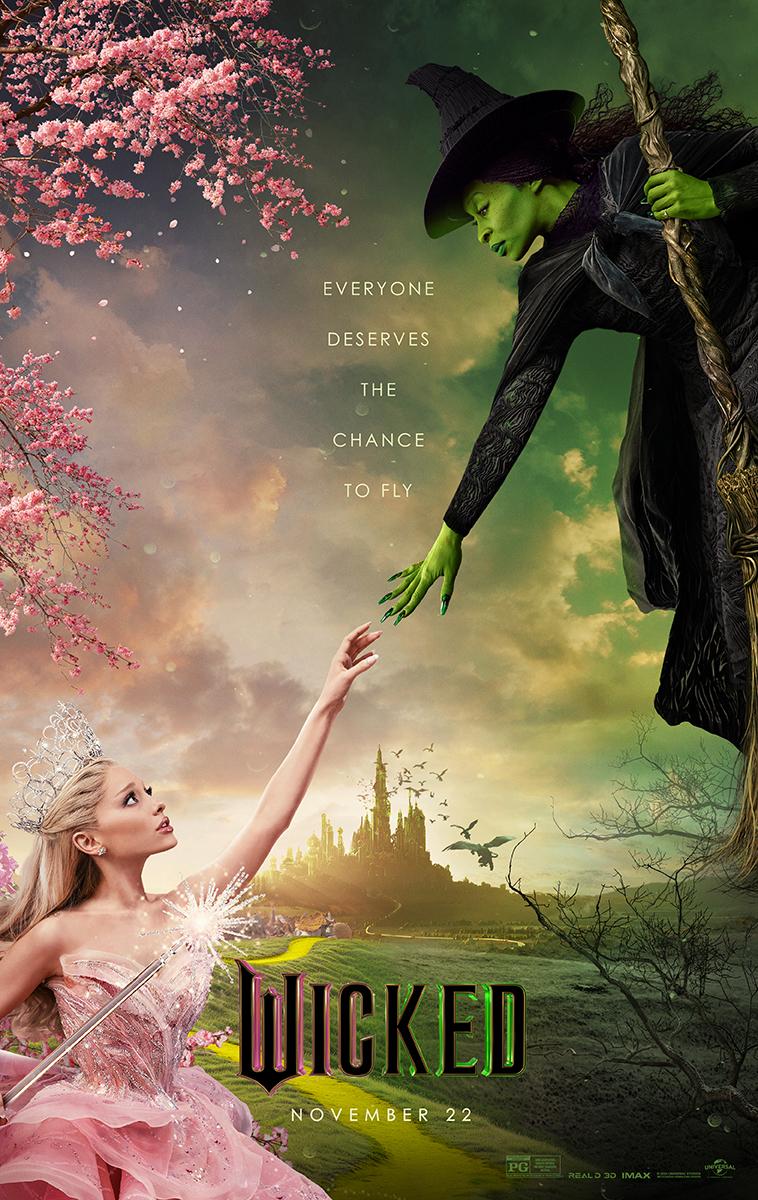Humans have done unspeakable things to one another throughout history. We have killed, enslaved, raped, maimed and tortured one another for sport or glory or money or just sheer hatred. But humans have also done remarkable things like build nations, form governments, write volumes of poetry, explain natural phenomena and cure diseases.
We are a complex species.
But how should history remember those whose lives encompassed both ignominy and glory? It is easy to want to put people like George Washington, Julius Caesar and Alexander the Great on a pedestal. They have indeed shaped our history as revolutionaries, successful leaders and military generals but they have also owned slaves and killed men for sport.
We cannot forget that great leaders have flaws. We cannot forget that George Washington became a slave owner at the age of 11 and, by his death, had 318 slaves working at Mount Vernon. We cannot forget that Julius Caesar, to honor his father’s death, put on elaborate funeral games, which included 640 slaves that were forced to fight with animals to the death. We cannot forget that Alexander the Great in a drunken rampage destroyed the Persian jewel, Persepolis, and looted and burned this great city.
Even indisputably significant humans have done things modern society would scowl at.
Debate today regarding this topic has occurred on the Yale University campus. One of the residential colleges has been named after John C. Calhoun, the seventh vice president of the United States, great political theorist and Yale valedictorian. However, his support of slavery as a positive good has cast a shadow over his role in history.
Many students and faculty members have advocated for renaming this residential college. Isaiah Genece, a junior in Calhoun College, during a forum shared his support for renaming the college in an emotional speech. “As much as I’ve come to feel a part of the Calhoun community, as much as I will proudly use that name, these are the things that remind me,” he said as he pointed to a portrait of Calhoun that hung on the wall at the front of the room. “These are the things I find disturbing and fearsome.”
The discussion regarding Calhoun has prompted a further examination of the other college names. Several other residential colleges have been named after slave owners such as George Berkeley and Ezra Stiles. Even Elihu Yale, the namesake of Yale University, had a controversial role in the East India Company, which traded not only tea but also opium. Should all these institutions be renamed?
While the brave students, faculty and administration take on this great debate, I have one caveat. History has happened. The role of historians is to tell the history as it was, not as we wish it to be. We should not categorize people of history as good or bad. The complexity of mankind cannot be overlooked when we summarize the accomplishments and failures of our predecessors in a brief paragraph.
History is also not fiction. America and Americans have screwed up in the past. That does not mean that we can change our history, rewrite the gory and horrible parts in order to promote nationalistic sentiment.
Deeming slaves as “workers,” a McGraw-Hill World Geography textbook attempted to do such a thing: to forget the horrible actions of our slave-owning founding fathers.
Roni Dean-Burren, a mother of a 15-year-old son and doctoral candidate at the University of Houston, said in an interview with the Washington Post: “This is erasure. This is revisionist history – retelling the story however the winners would like it told.”
Revisionist history helps no one. Without covering the complete American story including the good, such as the Bill of Rights and the Declaration of Independence, and the bad, such as slavery and the despicable treatment of Native Americans, without telling these stories we fail to educate future generations and do not give them the knowledge to make hard decisions such as renaming Calhoun College.
As the students and faculty at Yale continue to debate this significant issue, I applaud their bravery in challenging history. Whatever decision they make as a community will set a precedent for the many buildings and institutions named after complex people. No pressure.
Commentaries are the expressed opinion of the author and do not necessarily reflect that of The Fourcast staff, its adviser or any member of the Hockaday community.





